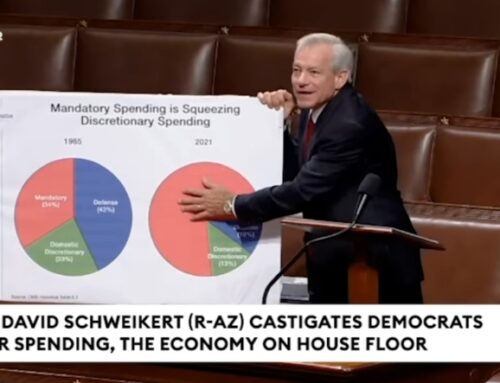I can’t believe I had to teach all of this to myself. What does it mean to be a citizen? What is the purpose of government? I’d like to examine this thing we call the “social contract” with an eye towards its abuse. If a majority of dependent “citizens” can use their vote to borrow money and spend it (or, in the case of Wall Street, borrow it and pay themselves $Billions in bonuses), while forcing others to pay it back, is the social contract still valid, or are we just being used?
These questions were asked and answered in a truly revolutionary tome written more than 300 years ago: Locke’s Two Treatises of Government. A debate raged in Europe about the validity of primogeniture: the divine right of kings to rule and to hand the reigns of power forever to their offspring (America’s hopelessly corrupt political parties have a similar system that continually hands seats to insiders; have you noticed?). Locke’s Two Treatises are known to have significantly influenced American revolutionary thinkers.
Locke’s first treatise is devoted to refuting primogeniture. The second is devoted to this: if we’re not going to have kings, what kind of government should we have? In order to develop an answer, Locke begins by first fearlessly asking “What is the purpose of government?”.
Locke’s discussions flow from a basic premise, one that is apparently still viewed as radical today: we are all equal, having been born into equality and therefor neither having a natural right of dominion over each other nor being subject to the dominion of others. In a few short sentences Locke crushed the European class system (emphasis added):
- To understand political power aright, and derive it from its original, we must consider what estate all men are naturally in, and that is, a state of perfect freedom to order their actions, and dispose of their possessions and persons as they think fit, within the bounds of the law of Nature, without asking leave or depending upon the will of any other man.
- A state also of equality, wherein all the power and jurisdiction is reciprocal, no one having more than another, there being nothing more evident than that creatures of the same species and rank, promiscuously born to all the same advantages of Nature, and the use of the same faculties, should also be equal one amongst another, without subordination or subjection…
Even hundreds of years ago, though, Locke knew that “libertarian” was not “libertine”:
-
But though this be a state of liberty, yet it is not a state of licence; though man in that state have an uncontrollable liberty to dispose of his person or possessions, yet he has not liberty to destroy himself, or so much as any creature in his possession, but where some nobler use than its bare preservation calls for it. The state of Nature has a law of Nature to govern it, which obliges every one, and reason, which is that law, teaches all mankind who will but consult it, that being all equal and independent, no one ought to harm another in his life, health, liberty or possessions; for men being all the workmanship of one omnipotent and infinitely wise Maker; all the servants of one sovereign Master, sent into the world by His order and about His business; they are His property, whose workmanship they are made to last during His, not one another’s pleasure. And, being furnished with like faculties, sharing all in one community of Nature, there cannot be supposed any such subordination among us that may authorise us to destroy one another, as if we were made for one another’s uses, as the inferior ranks of creatures are for ours.
My own literal interpretation of this passage is quite simple. I have rights simply because I am here, the same rights as everyone else: the rights to live my life, order my affairs and control my property as I see fit. No one on this earth gave these rights to me; I have them because I am here. They exist independent of government.
I will discuss Locke’s development of civil government in later installments. Note that this is not so-called “positive law” that discusses “rights” which are created by government but which are really just obligations forced onto others, like the “right to health care.” It is vital to understand that American revolutionary thought was deeply informed by this radical notion:
“…there cannot be supposed any such subordination among us that may authorise us to destroy one another, as if we were made for one another’s uses…that being all equal and independent, no one ought to harm another in his life, health, liberty or possessions“





